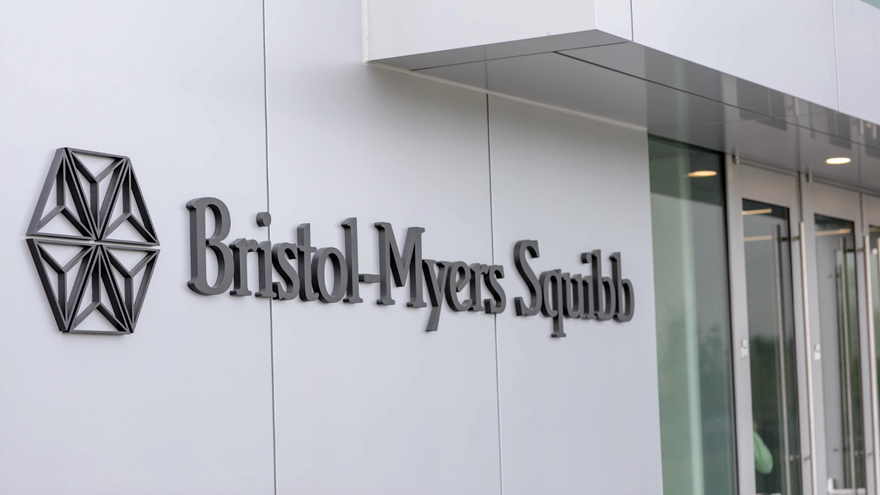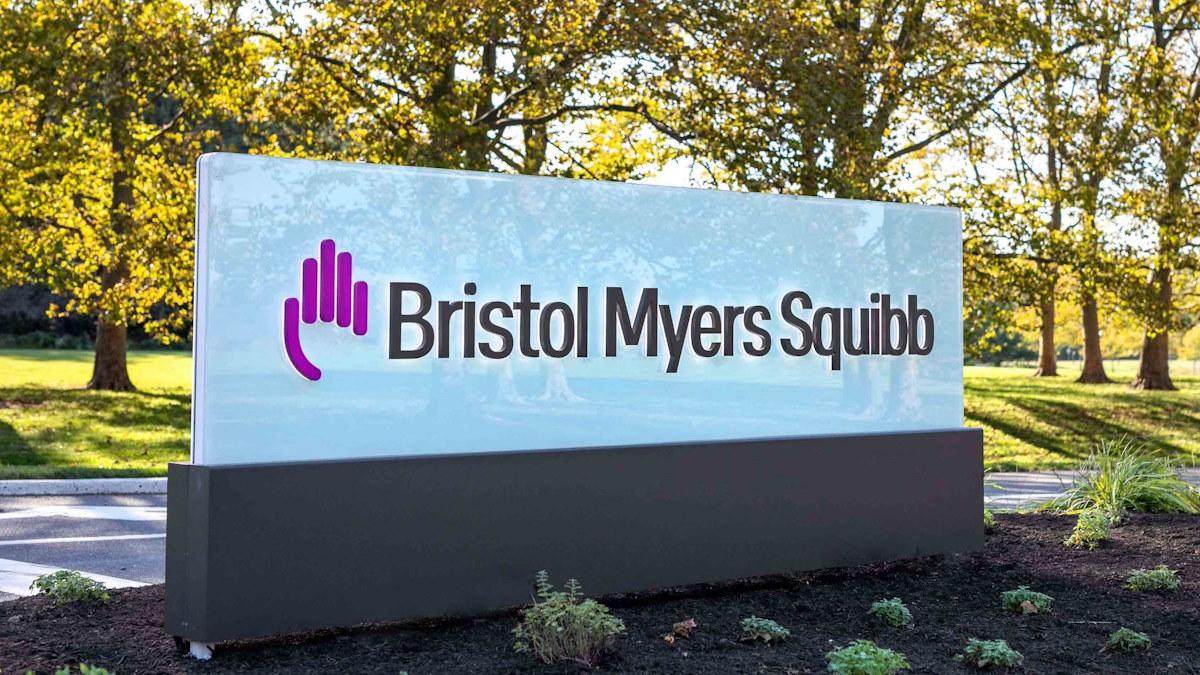BMS signs $475m cancer immunotherapy deal with Dragonfly

Bristol-Myers Squibb has signed an agreement worth $475 million to develop a new form of cancer immunotherapy drug with US biotech Dragonfly Therapeutics.
BMS is best known as an early pioneer of checkpoint inhibitor therapies, which work by flipping a biochemical switch on tumour cells that suddenly makes them visible to the immune system, allowing T-cells to mount an attack.
With Massachusetts-based Dragonfly BMS is taking a different tack and focusing on DF6002, a long-lasting fusion protein that looks like the “tail” (Fc) end of an IL-12 antibody.
The companies hope that this will cause the area around the tumour to become inflammatory and begin to work against it.
DF6002 is the most advanced in a pipeline of cytokines that Dragonfly is developing to treat patients with advanced cancer.
Dragonfly has an ongoing phase 1/2 clinical trial of DF6002 for patients with advanced solid tumours, which began in July 2020 after the FDA granted clearance to begin clinical trials in May.
Bristol Myers Squibb will become responsible for the development and any marketing of DF6002 and its related products worldwide, including strategic decisions, regulatory responsibilities, funding, and manufacturing.
Dragonfly will receive $475 million in near-term upfront payments, and is eligible to receive performance-based development, regulatory and commercial milestone payments plus royalties of up to 24% on worldwide net sales.
BMS said it plans to advance R&D in oncology and haematology and is not alone investigating IL-12 as a cancer immunotherapy
Ziopharm is using a gene therapy to instruct brain tumours to produce IL-12, then hitting them with a PD-1 checkpoint inhibitor.
Brain tumours cannot be treated with immunotherapy alone as they are nearly always “cold” tumours that have not provoked an immune reaction.
The gene therapy, where a modified adenovirus is injected into the tumour, provokes the immune reaction with IL-12 that can then be exploited by a checkpoint inhibitor.
It is in phase 2 development in glioblastoma, with Sanofi’s Libtayo (cemiplimab), with data from the 36-patient trial due this year or next.













